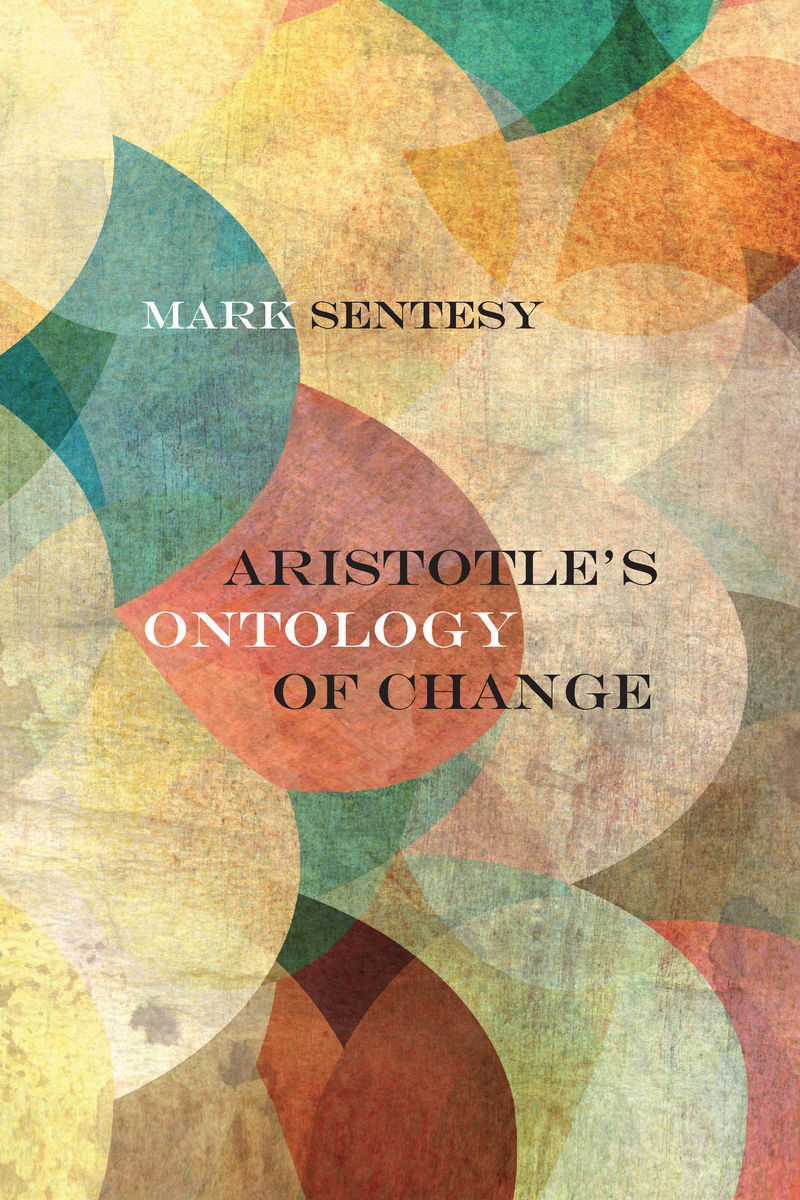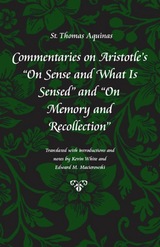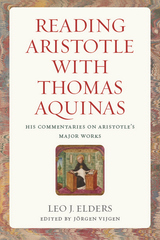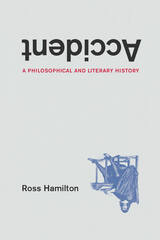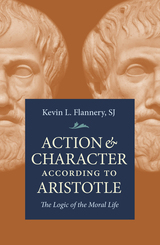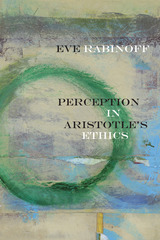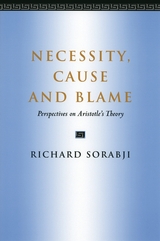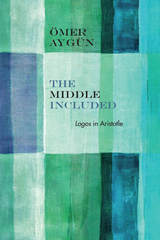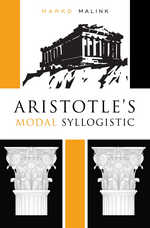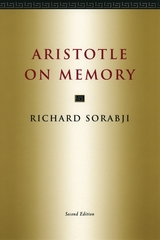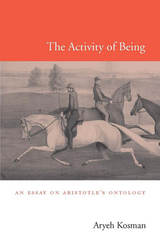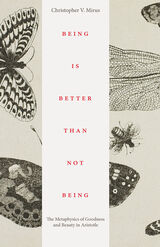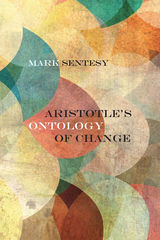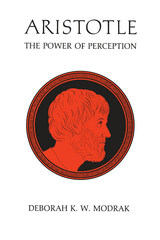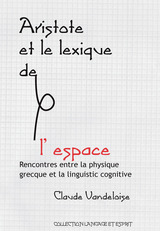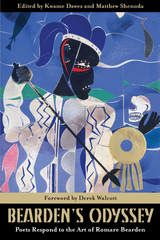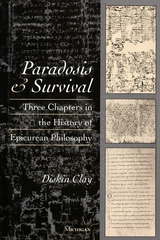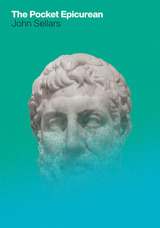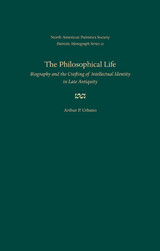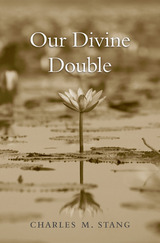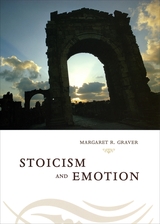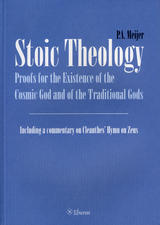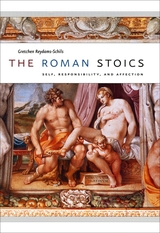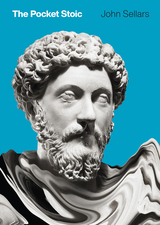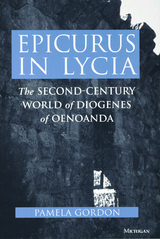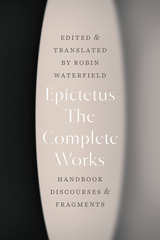Aristotle's Ontology of Change
Northwestern University Press, 2020
Cloth: 978-0-8101-4189-6 | eISBN: 978-0-8101-4190-2 | Paper: 978-0-8101-4188-9
Library of Congress Classification B491.O5S46 2020
Dewey Decimal Classification 111
Cloth: 978-0-8101-4189-6 | eISBN: 978-0-8101-4190-2 | Paper: 978-0-8101-4188-9
Library of Congress Classification B491.O5S46 2020
Dewey Decimal Classification 111
ABOUT THIS BOOK | AUTHOR BIOGRAPHY | REVIEWS | TOC | REQUEST ACCESSIBLE FILE
ABOUT THIS BOOK
This book investigates what change is, according to Aristotle, and how it affects his conception of being. Mark Sentesy argues that the analysis of change leads Aristotle to develop first-order metaphysical concepts such as matter, potency, actuality, sources of being, epigenesis, and teleology. He shows that Aristotle’s distinctive ontological claim—that being is inescapably diverse in kind—is anchored in his argument for the existence of change.
Aristotle may be the only thinker to propose a noncircular definition of change. With his landmark argument that change did, in fact, exist, Aristotle challenged established assumptions about what it is and developed a set of conceptual frameworks that continue to provide insight into the nature of reality. This groundbreaking work on change, however, has long been interpreted through a Platonist view of change as unreal. By offering a comprehensive reexamination of Aristotle’s pivotal arguments, and establishing his positive ontological conception of change, Sentesy makes a significant contribution to scholarship on Aristotle, ancient philosophy, the history and philosophy of science, and metaphysics.
Aristotle may be the only thinker to propose a noncircular definition of change. With his landmark argument that change did, in fact, exist, Aristotle challenged established assumptions about what it is and developed a set of conceptual frameworks that continue to provide insight into the nature of reality. This groundbreaking work on change, however, has long been interpreted through a Platonist view of change as unreal. By offering a comprehensive reexamination of Aristotle’s pivotal arguments, and establishing his positive ontological conception of change, Sentesy makes a significant contribution to scholarship on Aristotle, ancient philosophy, the history and philosophy of science, and metaphysics.
See other books on: Aristotle | Aristotle's Ontology | Change | Metaphysics | Ontology
See other titles from Northwestern University Press
